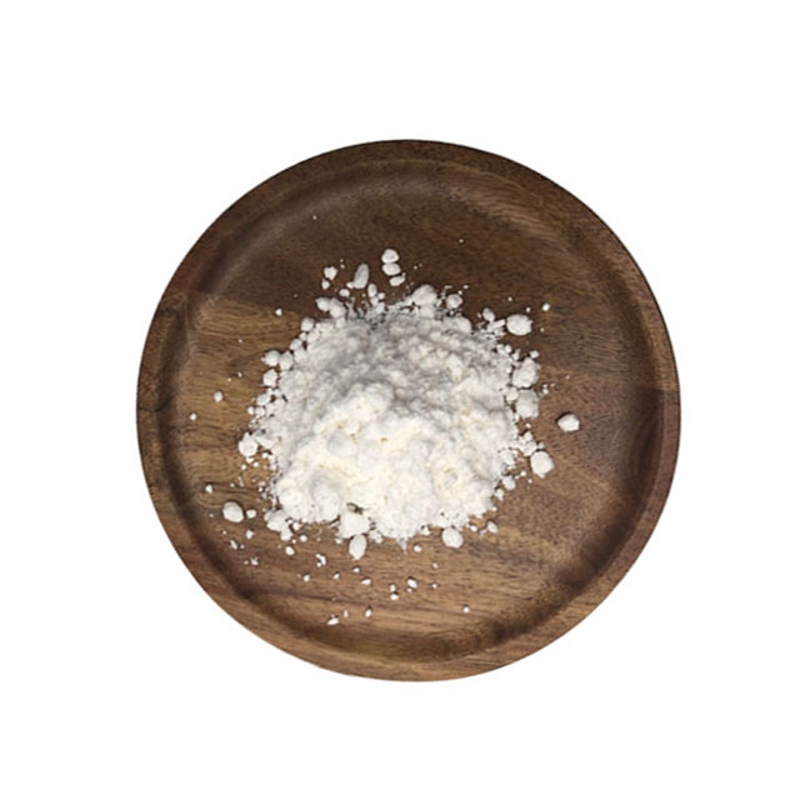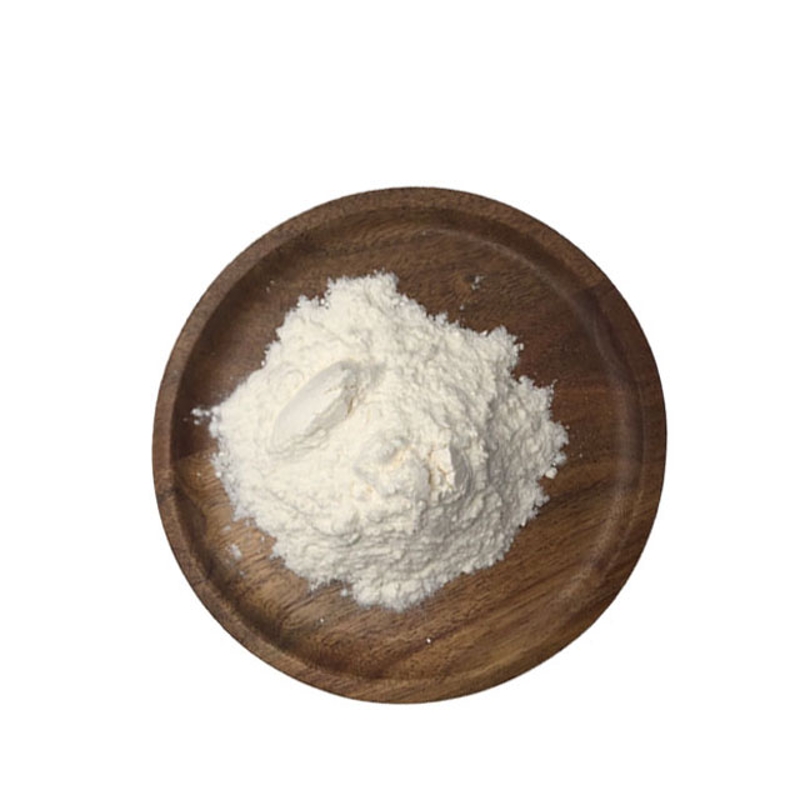-
Categories
-
Pharmaceutical Intermediates
-
Active Pharmaceutical Ingredients
-
Food Additives
- Industrial Coatings
- Agrochemicals
- Dyes and Pigments
- Surfactant
- Flavors and Fragrances
- Chemical Reagents
- Catalyst and Auxiliary
- Natural Products
- Inorganic Chemistry
-
Organic Chemistry
-
Biochemical Engineering
- Analytical Chemistry
- Cosmetic Ingredient
-
Pharmaceutical Intermediates
Promotion
ECHEMI Mall
Wholesale
Weekly Price
Exhibition
News
-
Trade Service
*Only for medical professionals to read for reference, someone in the family has Lynch syndrome, one sick family! Abstract: If one person gets sick, the whole family needs to be screened for colorectal cancer caused by LS, accounting for about 3% of the incidence of colorectal cancer.
Hereditary LS, how to control it? Recently, the 22-year-old Hunan boy Xiao Chen went to seek medical treatment for bowel cancer to no avail.
He was tortured by the pain and was unable to walk.
He was once considered "helpless"
.
But Xiao Chen's family did not give up.
In the past year, his mother took Xiao Chen everywhere and was finally diagnosed with Lynch syndrome at the Guangzhou Sun Yat-sen University Cancer Center.
Surprisingly, Xiao Chen's mother also had an examination.
Transverse colon tumors were also found
.
Fortunately, the tumor is at an early stage.
With the help of doctors, the mother and son received treatment and finally healed
.
But what exactly is Lynch syndrome? Why did her mother find out that she had colon cancer after Xiao Chen fell ill? If one person gets the disease, the whole family needs to be screened for Lynch syndrome (lynch syndrome, LS) is an autosomal dominant inherited disease, which is caused by DNA mismatch repair genes (such as MLH1, MSH2, MSH6, PMS2 and EPCAM) Caused by mutations in
.
Its clinical features are mainly that the age of onset of cancer is early, and the lifetime risk of colorectal cancer is high, but there are also clinical features such as uterine cancer, gastric cancer, ovarian cancer, urinary tract cancer, and biliary tract cancer.
Among them, colon cancer and endometrial cancer The incidence is the highest
.
The recent study published in The Lancet Oncology used 5585 LS families from 22 countries (including at least 3 members and a confirmed DNA mismatch repair gene or a family with a pathogenic carrier) to determine the risk of colorectal cancer.
Change
.
This study collected data on family gender, carrier status, cancer diagnosis, and age of last contact or death, and used segregation analysis to estimate the average penetrance of colorectal cancer to determine the condition, and simulate the measurement of polygenic factors to evaluate the extra Changes in visibility
.
Finally, it is concluded that for patients with variant genes, the variants of MLH1 and MSH2 are particularly prominent, depending on the gene, gender and region
.
7%-56% of carriers have a penetrance rate of colorectal cancer less than 20%, 9%-44% of carriers have a penetrance rate higher than 80%, and only 10%-19% of carriers have a penetrance rate It is 40%-60%[1]
.
It is necessary to pay great attention to LS patients with variant genes.
However, due to the low popularity of LS and technical limitations, the missed diagnosis rate of LS is relatively high
.
And Xiao Chen above is very lucky
.
Colorectal cancer caused by LS accounts for about 3% of the incidence of colorectal cancer.
It is estimated that of the 1.
8 million colorectal cancer (CRC) cases worldwide in 2018, more than 50,000 were Lynch syndrome (LS) [2-3]
.
70% of LS patients will develop colorectal adenoma before the age of 60, which is the precancerous lesion of most CRC [4]
.
The onset characteristics of the disease are mostly as follows: 1.
Early onset of onset, mostly in adulthood
.
2.
The tumors are mostly located in the proximal colon and show swelling growth rather than invasive growth
.
3.
Multiple primary colorectal cancers have increased significantly, and the incidence of extraintestinal malignancies such as gastric cancer and pancreatic cancer is high
.
4.
Poorly differentiated adenocarcinoma and mucinous adenocarcinoma are common, often accompanied by lymphocyte infiltration or lymphoid cell aggregation
.
5.
The prognosis is better than sporadic colorectal cancer
.
Chinese LS family criteria: There are ≥2 cases of colorectal cancer patients with a clear diagnosis of histopathology in the family, of which 2 cases are first-degree blood relatives, and meet any of the following conditions: (1) ≥1 cases of multiple colorectal patients ( Including adenoma); (2) ≥1 case of colorectal cancer at the age of onset <50 years; (3) ≥1 case in the family suffering from LS-related extraintestinal malignancies (including gastric cancer, endometrial cancer, small bowel cancer, ureter and renal pelvis) Cancer, ovarian cancer and hepatobiliary system cancer)
.
Therefore, all patients who meet the above criteria should undergo LS-related genetic screening [5]
.
How to control inherited LS? ▌ The management of colonoscopy LS is different from that of patients with colorectal cancer, and the monitoring age should be 20-25 years old
.
For LS patients and family members, it is recommended that colonoscopy be performed once a year or twice a year from the age of 25, and the check should last at least until the age of 50.
If there is a history of disease in the family, it is recommended that the check be performed 5-10 years in advance
.
This is because, in general, the process of colorectal cancer from adenoma to cancer takes 8-10 years, while the process of LS only takes 2-3 years
.
Perform colonoscopy every year to ensure timely treatment of the adenoma before it becomes cancerous
.
▌ Develop good living habits (1) Eat a healthy diet The risk of CRC in patients with LS varies with geographic area and families affected by LS[14,15]
.
These differences indicate that the development of CRC may be affected by factors such as life>
.
Studies have shown that the intake of fruits and fiber is negatively related to the risk of CRC
.
Large intake of fruits and fiber can reduce the risk of CRT in patients with LS [Odds ratio (OR) of the highest to lowest tertile: 0.
4, 95% confidence interval (CI): 0.
2–0.
9; and OR: 0.
5, 95% CI : 0.
2–1.
0][6] respectively
.
(2) Anti-smoking and alcohol prohibition Dashti et al.
studied the relationship between drinking and CRC in LS patients.
They recruited 1925 carriers of MMR gene mutations to complete a life>
.
The results of the study showed that 40% of carriers were diagnosed with CRC, with an average age of 42.
6 years
.
Compared with abstinence, ethanol intake of 14g/day and 2814g/day in any alcoholic beverage is associated with an increased risk of colorectal cancer (HR, 1.
50; 95% Cl, 1.
09-2.
07 and HR, 1.
69; 95% Cl, 1.
07-2.
65), and the risk of colon cancer (HR, 1.
78; 95% CI, 1.
27–2.
49 and HR, 1.
94; 95% CI, 1.
19–3.
18) [7]
.
References: [1]Win AK,Dowty JG,Reece JC,et al.
Variation in the risk of colorectal cancer in families with Lynch syndrome:a retrospective cohort study[J].
The Lancet Oncology,2021,22(7).
[2]Wild C P.
International Agency for Research on Cancer-ScienceDirect[J].
Encyclopedia of Toxicology(Third Edition),2014:1067-1069.
[3]Feasibility of Screening for Lynch Syndrome Among Patients With Colorectal Cancer[J] .
Journal of Clinical Oncology,2008,26(35):5783-5788.
[4]Morson BC,Bussey H J.
Predisposing causes of intestinal cancer[J].
Current Problems in Surgery,1970,7(2):1- 50.
[5] Zhong Chenhan, Li Xiaofen, Xu Dong, etc.
Progress in diagnosis and treatment of Lynch syndrome and family management[J].
Chinese Journal of Clinical Oncology, 2016, 43(20):883-886.
[6]Environmental Factors and Colorectal Tumor Risk in Individuals With Hereditary Nonpolyposis Colorectal Cancer[J].
Clinical Gastroenterology&Hepatology,2007,5(6):736-742.
e1.
[7]Dashti SG,Buchanan DD,Jayasekara H,et al .







